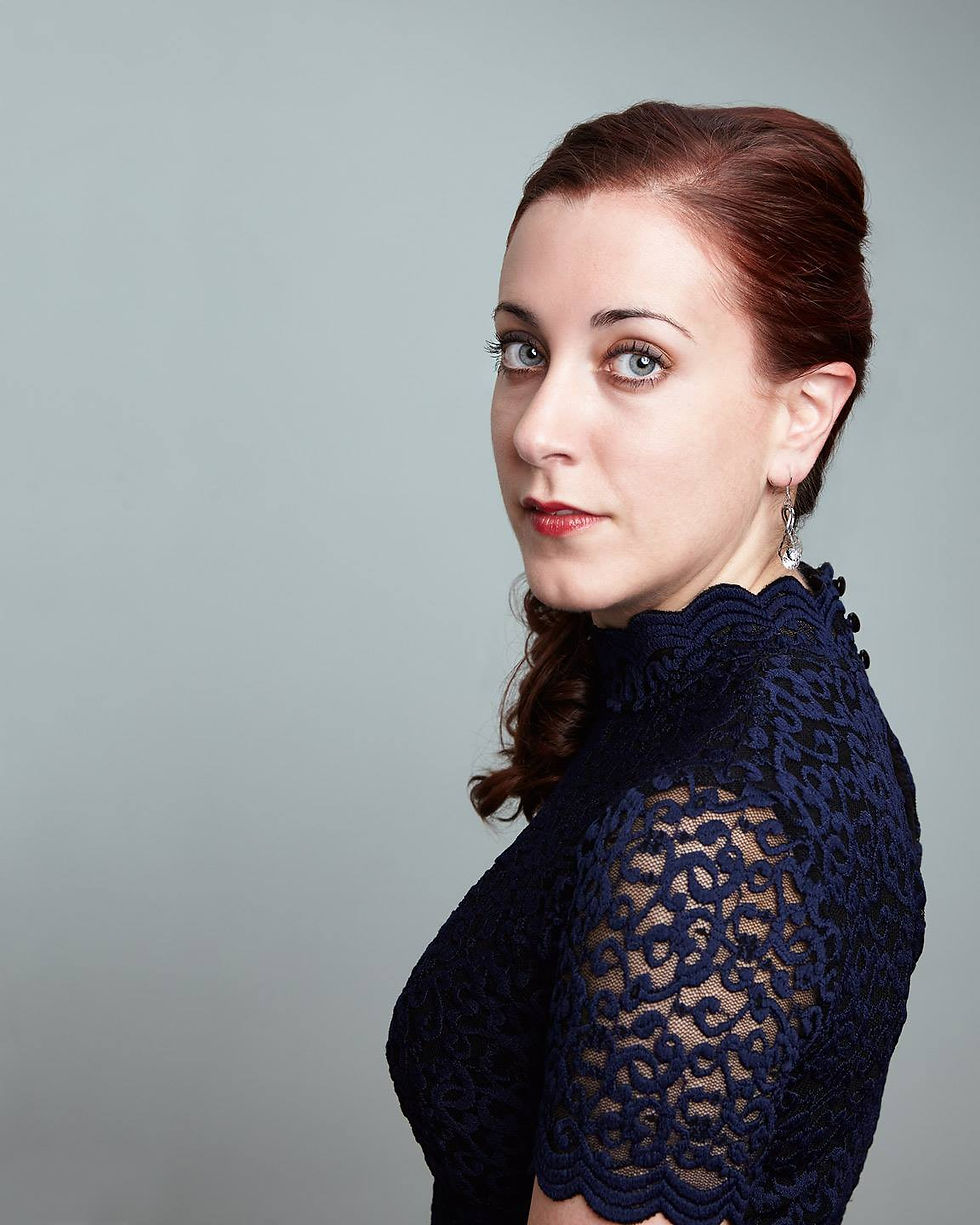Song of Hellas
- Eleni Ioannidou
- Aug 15, 2021
- 4 min read
Beginning of the song cycle in August 2021
First recital on August 29th at 5:00 p.m. in the Ars-Augusta-Salon.
When we read the biographies of many great men and women in world history who were benefactors, we notice one thing in common. It is what Herder calls "education for humanity", the humanistic principle of an education as idealized by Humboldt: on the basis of the Hellenic ideal. For the Greeks, philosophy and aesthetics were an important part of the education of young people. The search for wisdom and the reflection on the basic values of humanity "kalós kai agathós", such as beauty and goodness, ethos and harmony in the education of a person, was understood as the way to a better, more peaceful and more beautiful world.

It is not by chance that a renaissance has blossomed at all times in human history where Hellenic ideals have inspired people's lives. I am therefore convinced that even today, when this education is lacking and thus also the ideal of the good and beautiful in people, contact with Greek classical music is worth striving for in order to inspire clarity, harmony and wisdom again.
Exactly 200 years ago, the love of the Europeans for this Hellenic ideal contributed to the fact that the land of the Greeks was able to free itself from years of occupation by the Ottoman rulers. It is a new circle that needs to be closed again. It is time to reawaken these ideals and be inspired by them.
The success of the liberation of Greece is due not only to the will of the Greek people, but above all to the strength and active commitment of countless “Philhellenes” all over the world. Great thinkers and artists celebrated the idea of “Hellas” in songs, in poems, in paintings; Lord Byron, Victor Hugo, Eugéne Delacroix, Percy Shelley are some of them. Most of these Philhellenes came from German-speaking countries and many of them also from Poland. In my opinion, the enthusiasm of the cultural elite for the humanistic ideals of Hellas was also the reason for Germany's and Europes prosperity.
It was Winkelmann's work in Germany, the Greco-Roman libretti Metastasios in Vienna, which awakened the classical and thus set a direction that made European cultural history what it is today: “The only way for us, great , yes, if it is possible to become inimitable, it is to imitate the ancients ”wrote Winkelmann, and thus inspired architects, painters and poets to create great things. An eternally recurring reflection on the values, harmony, virtues, moderation and wisdom of the Greeks is a tried and tested means to survive dark times. The Polish people also produced many and important Philhellenes. Classicism is predominant in the architectural profile of Warsaw and other large cities, as many of Poland's rulers were enlightened humanists. Juliusz Słowacki, one of the three Polish bards who also sang "Hellas", graduated from a grammar school called "Athens of Wołyń" (the grammar school Krzemienieckie) because it was taught there humanistically.

So I will officially open the website www.songofhellas.org on Friday, August 20th, where I will successively present the entire art of song and poetry inspired by “Hellas”. Poems set to music by Goethe, Schiller and Holderlin will appear there, translated into as many languages as possible, poetry by the great Greek poets Sappho, Anacreon and Alkaios, set to music by composers from all over the world. We will continue with the sound and video recordings that we started in March at the headquarters of the association. We will also make some sound recordings in the concert hall of the Dom Kultury. The project has been included by the “Greece2021” commission in the series of worldwide events for the celebrations to commemorate the Greek Revolution and Dom Kultury has become our partner in this project. One of the highlights of the project will be the organization of the first international song competition “Bolko von Hochberg” in June 2022.
At the same time we are opening a series of recitals on the subject of classical music.

The first recital and opening of the "Song of Hellas" series will now take place on August 29, 2021 in our salon. At 5 p.m. the Greek soprano Georgia Tryfona, accompanied by Danai Vritsiou on the piano, sings songs by Schubert on poetry by Goethe, Schiller and Mayrhofer, songs on poetry by Sappho (Brahms, Mathilde Kralik and Charles Gounod), the Greek folk songs by Ravel and at the end one of the most beautiful songs by Bolko von Hochberg: "Gute Nacht". The soprano from Corfu, who completed her studies in Berlin, is, in my opinion, an excellent interpreter of the lied literature. Incidentally, our friend Martin Kautter shares this opinion with me, who inspired me a lot for this project with his knowledge of music and his extensive collection of lied recordings. I would like to thank him for this and at the same time wish him a speedy recovery. Danai Vritsiou is a pianist with great empathy, and we are very excited that this series begins with these two artists.
I would now like to cordially invite you all, dear friends of our work, to this special event. Let's celebrate the harmony and beauty of classical music together with the opening of “Song of Hellas”, and let's try to carry the light of this beauty into our lives and that of our fellow human beings as well as possible.







Comments